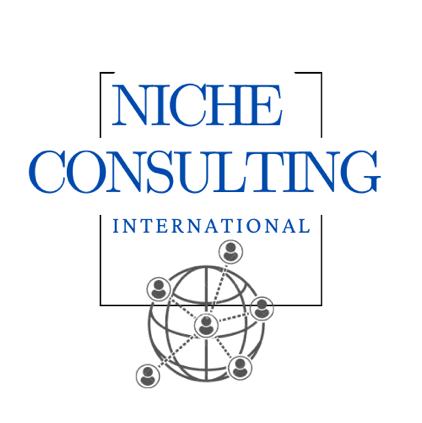Uncharted Territory: AI Generated Code and Intellectual Property Protection

As Artificial Intelligence (AI) advances at an unprecedented pace, it isbeing used to create code and software, raising critical questions about intellectual property rights and legal protections.
The legal landscape concerning code generated by AI remains uncertain, leaving a challenging environment for developers, businesses, and legal professionals alike.
Lack of Human Authorship
Copyright laws grant protection to the person or group of people who create a work. With AI generated code, the absence of a human author challenges the traditional understanding of intellectual property ownership. The concept of authorship becomes blurred when the creative process is automated and carried out by algorithms.
Work for Hire Doctrine
Typically, if an employee creates a work within the scope of their employment, the employer is considered the legal author. Applying the Work For Hire Doctrine to AI generated code is more complex however. If the work is created by AI and then edited by an employee during work hours, questions arise regarding the extent to which the employer or the employee can claim ownership of the work.
Utility Patent vs. Copyright
While copyright is the primary protection for code, utility patents are sought for the innovative and functional aspects of software. Obtaining a patent requires a demonstration of human ingenuity and inventiveness. This requirement challenges AI generated innovations and the traditional criteria for patent eligibility.
Policy and Legislative Gaps
The current absence of clear legislative guidance addressing AI generated code further complicates the matter. Policymakers are grappling with the need to update existing laws or create new laws to address the unique challenges posed by AI. How much human intervention is required to make an AI generated work considered human created?
Current Legal Framework - USA
The legal framework in the USA revolves around intellectual property rights granted to human creators. Copyright law, for instance, protects original works of authorship fixed in any tangible medium, but requires a human author. AI, being a non-human entity, does not fit neatly into existing legal structures, leaving a significant gap in protection for AI generated code.
International VariancesThe lack of a standardized approach to AI generated code protection is not limited to the USA. Internationally, countries have taken various jurisdictionally specific approaches, further complicating matters for multinational businesses and developers seeking global protection for their AI creations.
The intersection of AI and intellectual property law poses intricate challenges that the current legal frameworks are ill equipped to address. As AI technology continues to progress, policymakers, legal experts, and the technology industry must develop comprehensive and adaptive legal frameworks that address the nuances of AI generated code.
Until then, developers and businesses should approach AI innovations with a cautious understanding of the existing legal uncertainties and consider alternative means, such as contractual agreements detailing the threshold of human editing required to protect their interests in this evolving landscape.
Contact
Optimise Your Compliance Strategy
Thank you for considering Niche Consulting International. Elevate your compliance efforts with our seasoned experts. Kindly complete the form below, and we'll promptly assist you in navigating complex regulatory frameworks. Your commitment to compliance excellence starts here.
